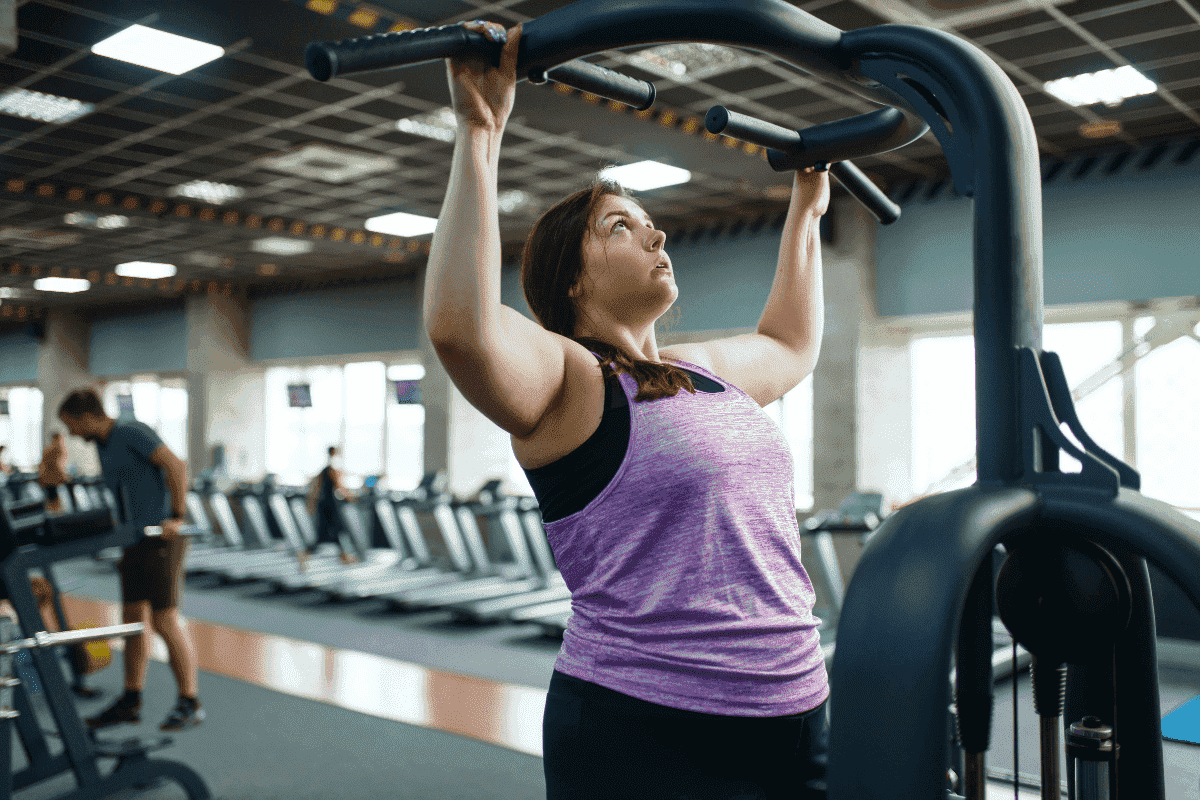How to find the right coach for you? Imagine this: January is finally here and you are finally ready to start getting into the best shape of your life. You have everything planned out. Down to the outfits, you are thinking will help you crush your workouts… The only thing is, you can’t seem to find your plan anywhere. You think that you may want to get some help anyway. This is because you’re not comfortable around the gym that you joined a few months ago. But have yet to step inside.
With great enthusiasm, you walk into the gym you’re a member of. You ask about getting a little bit of help with getting to the goals you set for yourself around fitting back into those jeans from a few years ago that mysteriously seem to have shrunk several sizes.
The front desk attendant excitedly connects you with a training manager of the facility and you end up signing up for some expensive plan with assurances of success of a confident summer body.
After a few workouts, you notice that you still feel sore. And you wonder why the razor-sharp abs have yet to show.
Eventually, this turns into a discouraging venture with fewer results and now has some nagging injuries tacked on as well as decide that the money spent is no longer worth the lack of results and quit your training and membership.
The above scenario is surprisingly common in the fitness industry as the burgeoning masses of “fitness professionals” continue to tout the newest online fad certification as they lure uninformed participants looking to recapture their health and bodies again.
This is not to say that all trainers or fitness professionals in the industry are simply trying to separate you from your money, but rather that there are a wide variety of competencies and specialties. Depending on your goals, there is likely a fitness professional somewhere that can help you with your exact need.
Here are a few things to consider prior to hiring your first (or even seventh) coach:
1. Credentialing
This is a particularly interesting facet of the fitness industry. As more money gets invested in health, wellness, or the latest fat-burning supplement, credibility through the “white coat” effect is leveraged heavily as more certifications surface.
Similar to the supplement industry, the quality of the education that should coincide with certification is more important than the letters behind the name. Prior to hiring someone, you should look up their credentials. Check to see which are vetted through a neutral third party, such as ANSI. This serves to validate that the course is standardized and that the outcomes of the course are supported by the way that the information was gathered and organized to ensure a professional outcome is met.
Fitness certification companies that take the time to certify their credentials likely have well-thought curricula and are more likely to ensure that the person standing in front of you has some semblance of competency in the designated area.
Simply try googling their certification(s) and see what the reviews say.
2. Education
Continuing to learn beyond the initial baseline certification is arguably the most important of ensuring the quality of a fitness professional. Unfortunately, it seems that individuals increasingly rely on their social media feeds and glean information from odds and ends via the occasional Youtube videos.
Simply try asking about the latest educational book your potential fitness professional may be reading.
3. Experience.
While having knowledge is great, wisdom comes from the application of such knowledge. This means knowing when and where bits of information may be helpful. Without experience, there may be a significant amount of learning curve for the fitness professional. They may lack the exposure to know how to refine or pivot with their plan.
Simply try asking about their experience with people similar to yourself.
4. Tools
One important factor in how effectively someone has help with achieving their goals involves the tools the professional has at their disposal. When thinking about your goals, consider what may decrease the turbulence in your fitness journey by increasing the precision of your plan. Imagine a dentist trying to complete a root canal with only a hammer. Or not having completed any x-rays prior to starting to drill… no thank you. Similarly, there are assessment tools and training implements that can help with this same concept.
Simply try asking what tools someone has access to that will decrease the time to achieving your goals.
These four areas are as important in considering who you hire as your fitness Sherpa. And while they are standardized to some degree, ultimately the gut feelings you have and how you feel about something should probably drive your decision-making process more than anything else. Hopefully, these will just serve to ensure that you’re just making the best choice for yourself.
Happy fitnessing!




